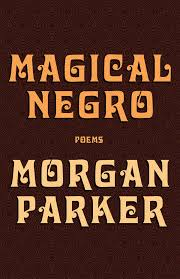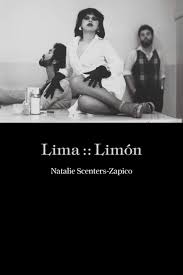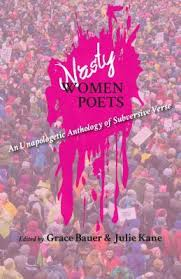As Women’s History Month comes to a close and we transition to National Poetry Month in April, your reading list might benefit from a combination of the two! This post features recent poetry collections by women authors available at Collins Library. Search these titles in Primo or use the subject heading American poetry — Women authors to find additional titles.

Magical Negro: Poems by Morgan Parker
Winner of the 2019 National Book Critics Circle Award for Poetry. From the publisher: “MagicalNegro is an archive of black everydayness, a catalog of contemporary folk heroes, an ethnography of ancestral grief, and an inventory of figureheads, idioms, and customs. These American poems are both elegy and jive, joke and declaration, songs of congregation and self-conception. They connect themes of loneliness, displacement, grief, ancestral trauma, and objectification, while exploring and troubling tropes and stereotypes of Black Americans.”

Lima::Limón by Natalie Scenters-Zapico
Natalie Scenters-Zapico’s second poetry collection is a lyrical exploration of the intersection between gender roles and desire on the U.S.-México border.

Nasty Women Poets: an unapologetic anthology of subversive verse
edited by Grace Bauer & Julie Kane
An anthology of poems– from women poets– that address stereotypes and expectations women have faced from the time of Eve to today’s political climate. This anthology is curated to represent a range of diverse voices unified in a message of female empowerment, activism, and the subversion of gender expectation norms.

Whereas by Layli Long Soldier
Winner of the 2017 National Book Critics Circle Award for Poetry. Oglala Lakota author, Layli Long Soldier wrote this collection in response to S.J. Res 14, a congressional apology and resolution to the native peoples of the United States. Adapted from the publisher: Through an array of short lyrics, prose poems, longer narrative sequences, resolutions, and disclaimers, she confronts the coercive language of the United States government in its responses, treaties, and apologies to Native American peoples and tribes, and reflects that language in its officiousness and duplicity back on its perpetrators.
